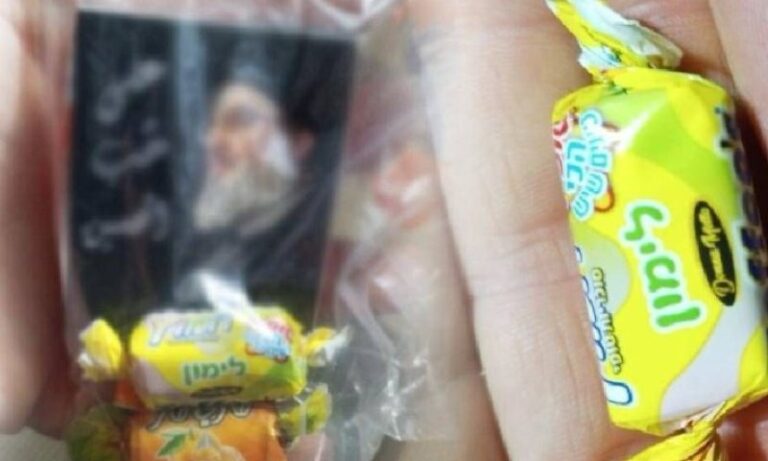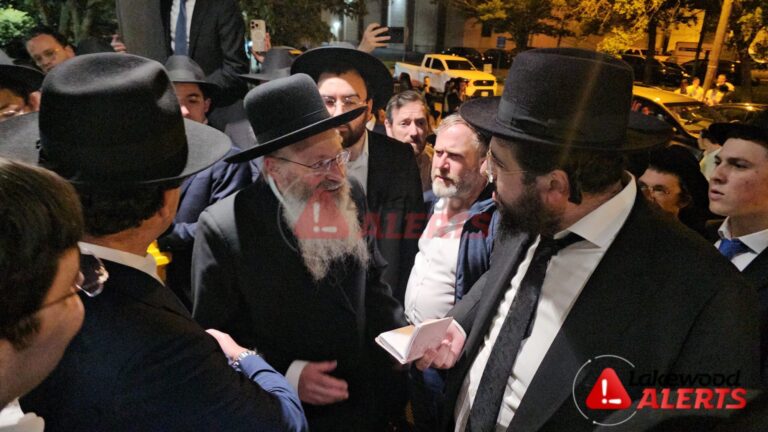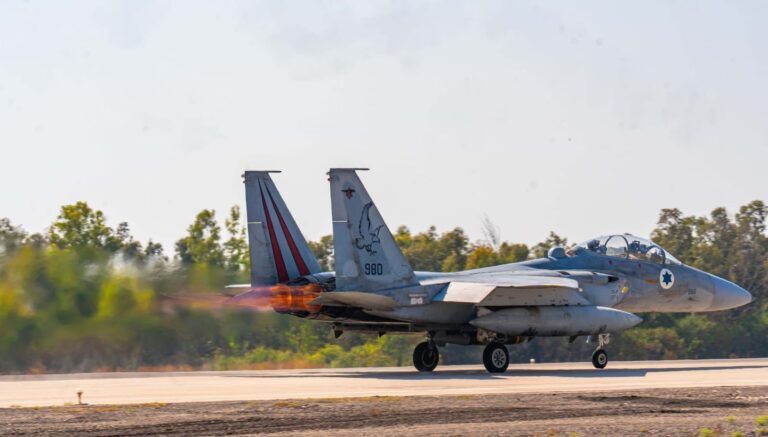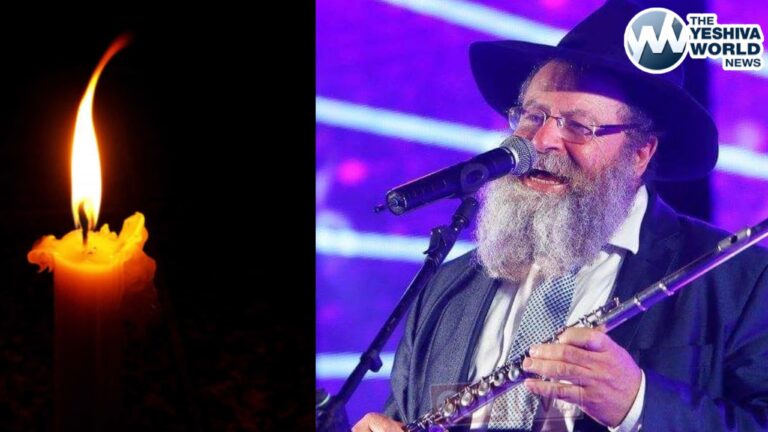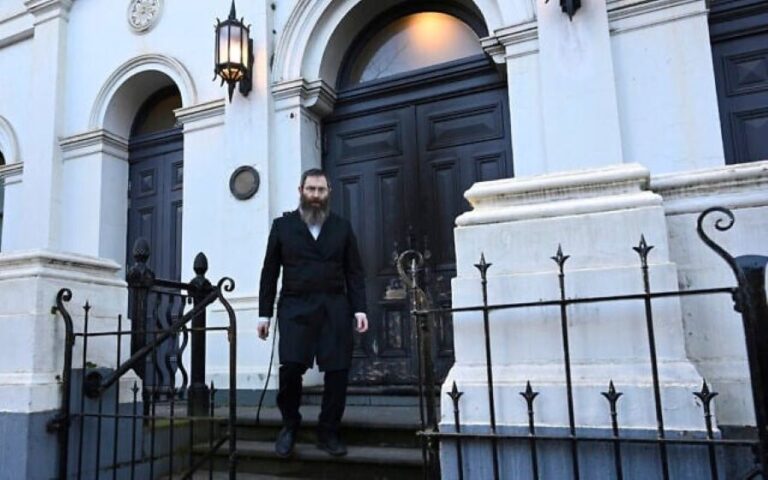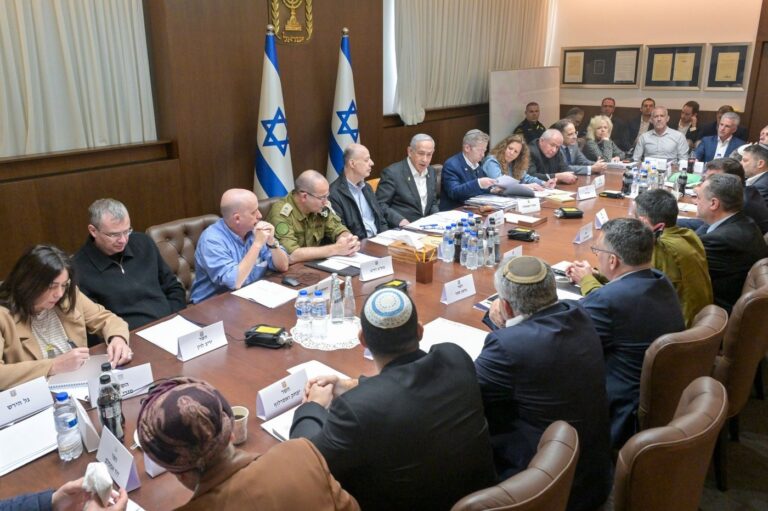 Osama bin Laden’s son-in-law and al-Qaida spokesman said he heard before the Sept. 11 attacks that “something big was going to happen” but didn’t know what it was, an FBI agent testified Thursday.
Osama bin Laden’s son-in-law and al-Qaida spokesman said he heard before the Sept. 11 attacks that “something big was going to happen” but didn’t know what it was, an FBI agent testified Thursday.
Sulaiman Abu Ghaith told authorities that when he visited al-Qaida training camps in summer 2001, he gleaned something major was in the works but never learned the group had specific plans to attack the United States, Agent Michael Butsch testified at Abu Ghaith’s federal trial in New York.
But in the hours after the 9/11 attacks, bin Laden summoned him and said, “‘Did you see what happened?’ … and bin Laden said that he did this operation,” the agent said, recounting statements the government says Abu Ghaith made on a U.S.-bound FBI jet after his capture last year.
Abu Ghaith is the highest-ranking al-Qaida figure to be tried on U.S. soil since 9/11. While he isn’t accused of taking part in the Sept. 11 attacks, they have been an important element in the backdrop of the case against him.
His lawyers have sought to elicit information from professed Sept. 11 mastermind Khalid Sheik Mohammed to bolster their case, particularly to rebut the government’s claim that Abu Ghaith “must have known” in advance of al-Qaida’s so-called shoe bomb airplane plots, including Richard Reid’s attempt to carry one out in December 2001.
The attorneys said Thursday that they had received 14 pages of answers to written questions they sent to Mohammed, who’s being detained in Guantanamo Bay, Cuba. They declined to describe the answers. It wasn’t immediately clear whether they would be able to use the material in court.
Abu Ghaith has pleaded not guilty to conspiring to kill Americans and providing material support to al-Qaida, initially by giving motivational talks at its terrorist training camps and agreeing to serve as a spokesman.
Then, on the night of 9/11, Bin Laden asked Abu Ghaith to give a series of speeches — and even gave him bullet points, Abu Ghaith recalled, according to the FBI agent.
Abu Ghaith went on to make a series of videotaped speeches, recording the first on Sept. 12 with bin Laden alongside him.
“He said the purpose of these videotapes was for propaganda, to get them out into the media,” Butsch said. In an Oct. 9, 2001, video, for instance, Abu Ghaith threatened that “America must know that the storm of airplanes will not abate, with God’s permission.”
In a 2002 audio interview on an al-Qaida-linked website, he invoked 9/11 as an accomplishment and said the group would soon strike again, according to a recording that prosecutors played in court Thursday.
According to the FBI’s account of Abu Ghaith’s statements, the Kuwait-born imam initially went to Afghanistan in June 2001 because he was interested in jihadist movements and soon was invited to meet bin Laden, who had heard a tape of his preaching.
Bin Laden asked him to give sermons at his family compound and to speak at training camps, where Abu Ghaith said he talked to the recruits about religion and the importance of their training and defending Islam. Bin Laden requested he join al-Qaida, which Abu Ghaith declined, but he agreed to help the group as a scholar and orator.
Still, Abu Ghaith told authorities “he had many discussions with bin Laden that showed that they had differences in their beliefs,” Butsch said. And Abu Ghaith said he believed jihad, or holy war, could be conducted via science and building, not just fighting.
Abu Ghaith’s defense has said that while he’s an ideologue, he’s not a terrorism conspirator. One of his attorneys, Zoe Dolan, pointed out while cross-examining Butsch that his exchange with Abu Ghaith, conducted via an FBI translator, wasn’t recorded.
Abu Ghaith has said he left Afghanistan in 2002 for Iran, where he was arrested and held for years, then was heading to Kuwait to see relatives when his flight landed instead in Jordan and was turned over to American authorities.
Abu Ghaith’s lawyers have said he wasn’t properly informed of his right to a lawyer and was interrogated with few breaks and little food on a 14-hour flight to a suburban New York airport.
Butsch said Abu Ghaith was treated “like a gentleman,” advised of his rights and given several breathers for food, prayer, and the bathroom. And Abu Ghaith agreed to talk, the agent said.
“He said, ‘You will hear things of al-Qaida that you never imagined,'” Butsch said.
(AP)

